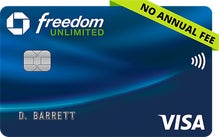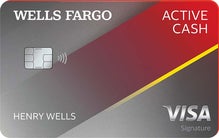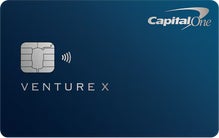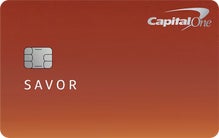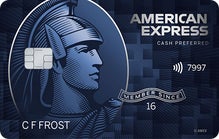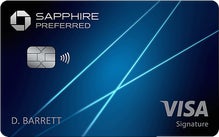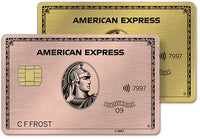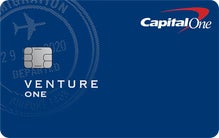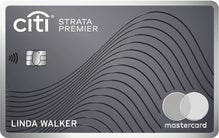Best rewards credit cards of February 2026
Get personal card recommendations
Answer 5 simple questions and get matched with rewards credit cards from Bankrate's marketplace.
What's your top spending category?
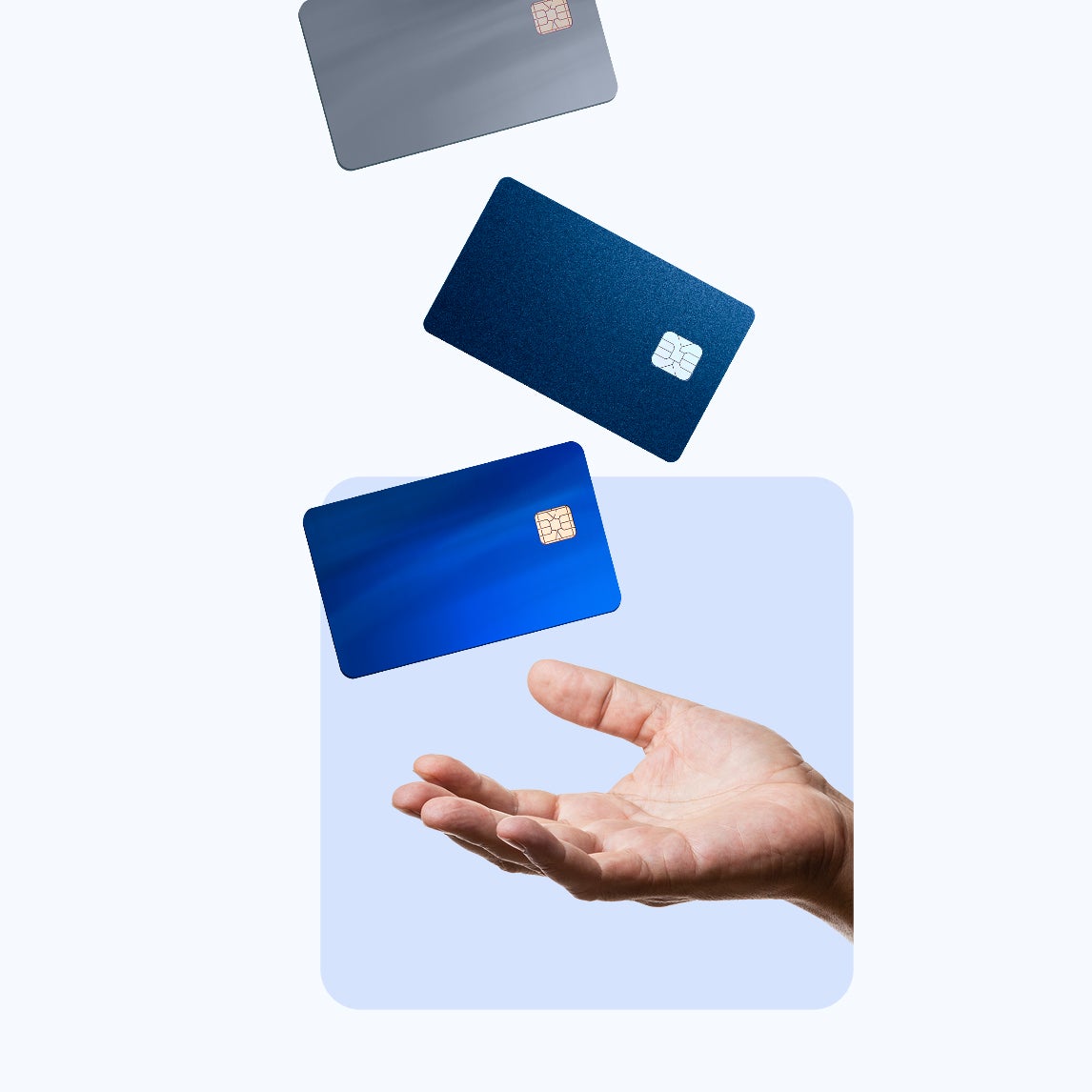
Filter by
Showing 14 results
on Chase's secure site
See Rates & FeesIntro offer
Earn $200 cash back
Rewards Rate
1.5% - 5%
Annual fee
$0
Regular APR
18.24% - 27.74% Variable
Why you'll like this: Its high rewards rates make it lucrative as both a standalone card for everyday spending and as part of a Chase travel stack.
Reward Details
What you should know
Card Details
on Amazon's secure site
See Rates & FeesIntro offer
Get a $150 Amazon Gift Card
Rewards rate
1% - 10%
Annual fee
$0
Regular APR
18.74% - 27.49% Variable
Why you'll like this: It boasts a terrific rewards rate on Amazon purchases, which can cover a slew of household items, entertainment, gifts, food and more.
Reward Details
What you should know
Card Details
Best for flat-rate cash rewards
on Wells Fargo's secure site
See Rates & FeesIntro offer
$200 cash rewards
Rewards rate
2%
Annual fee
$0
Regular APR
18.49%, 24.49%, or 28.49% Variable APR
Why you'll like this: It earns cash back at a consistent rate — and you can redeem it at an ATM.
Reward Details
What you should know
Card Details
Best for affordable travel perks
on Capital One's secure site
See Rates & FeesIntro offer
Earn 75,000 bonus miles
Rewards rate
2 Miles - 10 Miles
Annual fee
$395
Regular APR
19.49% - 28.49% (Variable)
Why you'll like this: You’ll get access to a handful of the most useful and valuable travel perks out there without breaking the bank.
Reward Details
What you should know
Card Details
Limited time offer
$250 Capital One Travel Credit
Best for flat-rate travel rewards
on Capital One's secure site
See Rates & FeesIntro offer
Enjoy a $250 travel credit & earn 75K bonus miles
Rewards rate
2X miles - 5X miles
Annual fee
$95
Regular APR
19.49% - 28.49% (Variable)
Why you'll like this: It boasts solid short- and long-term value for occasional travelers with its flat rewards rate and welcome offer.
Reward Details
What you should know
Card Details
Best for entertainment
on Capital One's secure site
See Rates & FeesIntro offer
Earn a one-time $200 cash bonus
Rewards rate
1% - 8%
Annual fee
$0
Regular APR
18.49% - 28.49% (Variable)
Why you'll like this: Its boosted cash back rate in popular spending categories makes it great as both a standalone option and a companion to other cards from the issuer.
Reward Details
What you should know
Card Details
Apply with confidence
By applying, you can see if you're approved before impacting your credit
Best for luxury travel
on American Express's secure site
See Rates & Fees, Terms ApplyIntro offer
As High As 175,000 points. Find Out Your Offer.
Rewards rate
5X
Annual fee
$895
APR
See Pay Over Time APR
Why you'll like this: It’s perfect for luxury-minded travelers who spare no expense when booking airfare or hotels and want the most with every experience.
Reward Details
What you should know
Card Details
Apply with confidence
By applying, you can see if you're approved before impacting your credit
Best for groceries
on American Express's secure site
See Rates & Fees, Terms ApplyIntro offer
Earn $250
Rewards rate
1% - 6%
Annual fee
$0 intro annual fee for the first year, then $95.
APR
19.49%-28.49% Variable
Why you'll like this: It boasts the highest cash back rate available at U.S. supermarkets.
Reward Details
What you should know
Card Details
Best travel card for rewards value
on Chase's secure site
See Rates & FeesIntro offer
75,000 bonus points
Rewards rate
1x - 5x
Annual fee
$95
Regular APR
19.24% - 27.49% Variable
Why you'll like this: It boasts terrific rewards value with its annual bonus points, practical bonus categories, high-value points and redemption flexibility.
Reward Details
What you should know
Card Details
Apply with confidence
By applying, you can see if you're approved before impacting your credit
Best for food and travel
on American Express's secure site
See Rates & Fees, Terms ApplyIntro offer
As High As 100,000 points. Find Out Your Offer.
Rewards rate
1X - 4X
Annual fee
$325
APR
See Pay Over Time APR
Why you'll like this: Along with its terrific perks for foodies, it offers valuable rewards on everyday spending.
Reward Details
What you should know
Card Details
on Chase's secure site
See Rates & FeesIntro offer
125,000 bonus points
Rewards Rate
1x - 8x
Annual fee
$795
Regular APR
19.49% - 27.99% Variable
Why you'll like this: It carries a ton of valuable perks and credits, ranging from flexible travel statement credits to airline- and hotel-specific status upgrades.
Reward Details
What you should know
Card Details
on Discover's secure site
See Rates & FeesIntro offer
Cashback Match
Rewards rate
1% - 5%
Annual fee
$0
Regular APR
17.49% - 26.49% Variable APR
Why you'll like this: It offers the best rewards rate you can get in several popular categories over the course of the year.
Reward Details
What you should know
Card Details
Best no-annual-fee travel card
on Capital One's secure site
See Rates & FeesIntro offer
Earn a bonus of 20,000 miles
Rewards rate
1.25X miles - 5X miles
Annual fee
$0
Regular APR
18.49% - 28.49% (Variable)
Why you'll like this: Earning travel rewards is simple and low risk thanks to its solid flat rewards rate and $0 annual fee.
Reward Details
What you should know
Card Details
Intro offer
Earn 60,000 bonus ThankYou® Points
Rewards rate
1X - 10X
Annual fee
$95
Regular APR
19.49% - 27.49% (Variable)
Why you'll like this: It has a valuable welcome offer and an annual hotel credit that can easily offset its annual fee.
Reward Details
What you should know
Card Details
Remove a card to add another to compare
Remove a card to add another to compare
Compare Bankrate’s top rewards credit cards
| Our picks for | Rewards highlights | ||
|---|---|---|---|
Flexibility |
| $0 | |
Online shopping |
| $0 | |
Flat-rate cash rewards |
| $0 | |
Affordable travel perks |
| $395 | |
Limited time offer More information about this limited time offer | Flat-rate travel rewards |
| $95 |
Entertainment + Best overall |
| $0 | |
Apply with confidence Hover to learn more on American Express's secure site See Rates & Fees, Terms Apply | Luxury travel |
| $895 |
Apply with confidence Hover to learn more on American Express's secure site See Rates & Fees, Terms Apply | Groceries |
| $0 intro annual fee for the first year, then $95. |
Travel rewards value |
| $95 | |
Apply with confidence Hover to learn more on American Express's secure site See Rates & Fees, Terms Apply | Food and travel |
| $325 |
Travel credits |
| $795 | |
Category variety |
| $0 | |
No-annual-fee travel card |
| $0 | |
Hotel bookings |
| $95 |
*Bankrate’s points and miles valuations are based on an average of the issuer’s five highest-value transfer partners (if available).
